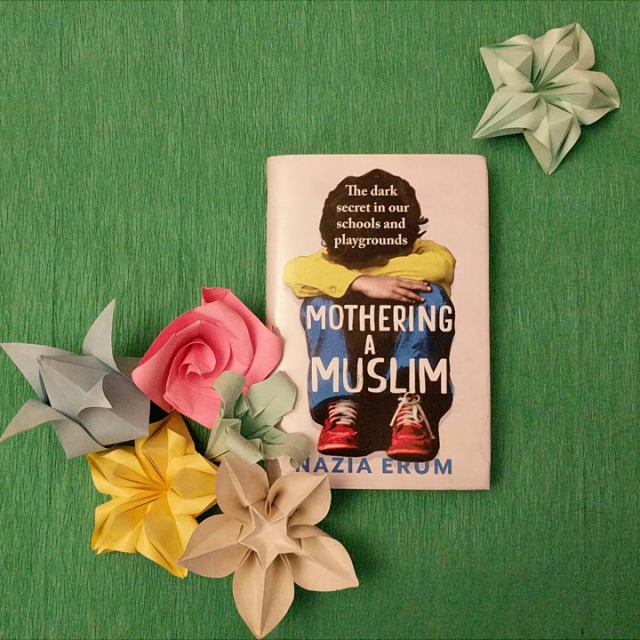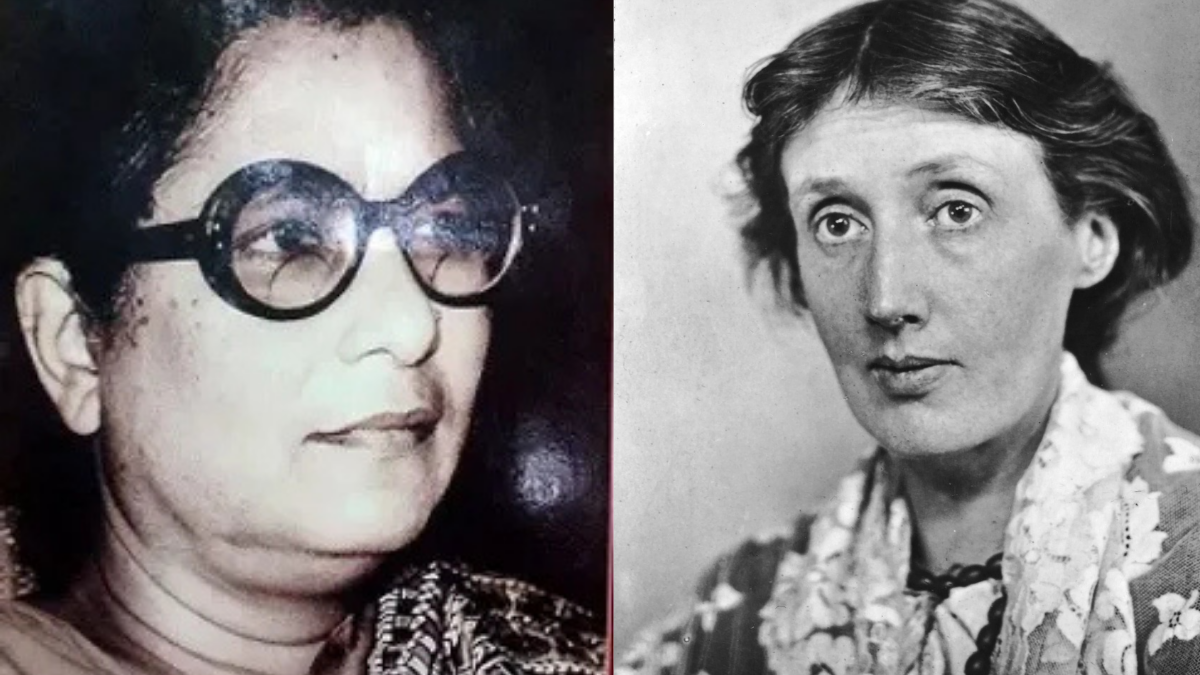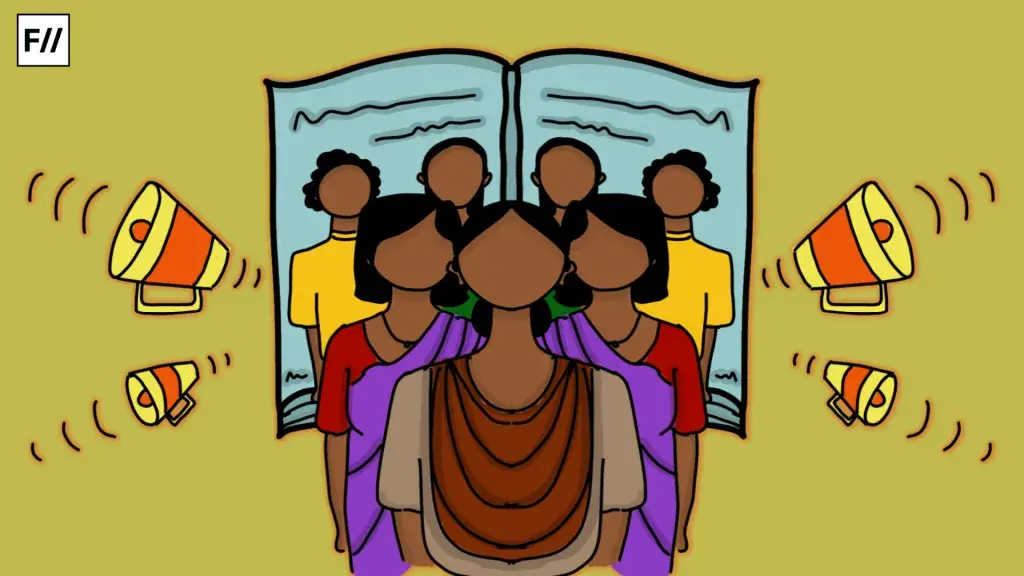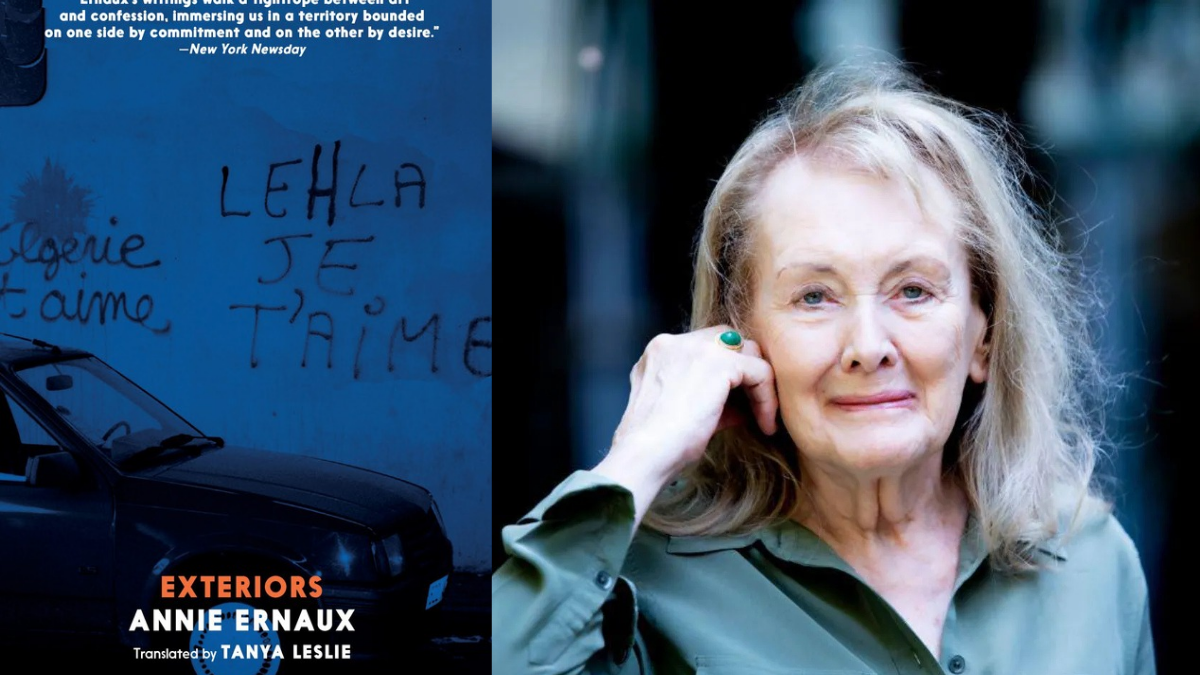Islamophobia resides in your living room.
In response to the COVID-19 pandemic crisis, a nationwide lockdown was imposed. During this time, we were exposed to a lot more information and news (both reliably and fake), than usual.
Almost all news channels and WhatsApp groups were filled with hate and communal bullying towards Muslims. In every way possible, this pandemic was driven towards giving the situation a communal angle. It’s not something new. We all have experienced the deteriorating quality of reporting of Indian mainstream media. Recent events like the Delhi riots, Shaheen Bagh protest, and now a Pandemic, were all politically propagandised to make them communal events.
It became overwhelming for me to watch such hateful news channels. As an educator, this made me think, how do these news affect the children? Following the guidelines for this pandemic, to change this crisis into opportunity, I ended up reading ‘Mothering A Muslim’ by Nazia Erum in this lockdown. Nazia Erum in her book decodes Islamophobia in schools.

Author: Nazia Erum
Publisher: Juggernaut
Genre: Non-Fiction
Nazia very eloquently writes about Islamophobia residing in our living rooms which then find its way in our children’s classrooms and playgrounds:
“This book only mirrors the world we have created for our children. In truth, it is not the words of the kids that hurt. It’s the imagined words in the speech of the parents and other adults around the kid that hurt more. What are we saying in our drawing rooms and over dinner tables which our kids translate into hatred for each other in classrooms and playgrounds? If we truly look into our hearts, and listen to our politicians and journalists with open minds, we will find the source.“
The language we use has a major impact on our children. How we talk about people who are different from us reflects our thoughts, beliefs, values, biases, and stereotypes. The way we talk has the power to include or exclude the people around us.
She wanted to bring together the experiences of motherhood and challenges of Muslim mothers, and highlight how their worries are different from mothers from other religious backgrounds. The book is an experiential journey of how a part of someone’s identity (here, the Muslim identity), became the utmost crucial factor to be marked and held accountable for.
The book was released in 2017, and it was a result of research conducted by the author about the experiences and anxieties of Muslim mothers. The book starts with Nazia’s dilemma to name her daughter. She shares her fear when she held her daughter for the first time; she was worried about even giving her a ‘Muslim’ name.
“Should I choose a name that signalled her religion, like Fatima, or pick a modern and neutral-sounding name, like Myra, to avoid too much spotlight on her being Muslim? I settled for the latter.“
Holding that fear in her heart, Nazia went on a journey with some questions in her mind. Many mothers shared this common fear with her. She wanted to bring together the experiences of motherhood and challenges of Muslim mothers, and highlight how their worries are different from mothers from other religious backgrounds. The book is an experiential journey of how a part of someone’s identity (here, the Muslim identity), became the utmost crucial factor to be marked and held accountable for.
Also read: Podcast: Naam Kya Bataayaa? – By Main Bhi Muslim
This makes it an essential feminist book too as it is a powerful piece of writing that brings together the voices of mothers, which usually is lost in our patriarchal society.
Nazia writes, “Hate affects not just the tormented by also the tormentor.” The difference lies in how hate affects the tormentor and the tormented. When hate becomes a free commodity, we need to teach our children love and empathy. We often talk about communal hate that is increasing every day in our social surroundings. What we forget to address is how this communal bullying has reached our children’s classrooms and playgrounds. How schools, which are considered safe spaces for learning and making friends, have become institutions of communal bullying?
‘Mothering A Muslim‘ will make you understand how deep and how early the communal hate gets in the discourse of children’s lives. Children as young as those attending kindergarten to the ones attending higher education do face communal bullying. Bullying is repeated and instances of misuse of power with intent to cause harm is common. It can be verbal, physical, and online to cause humiliation and exclusion.
Mothering A Muslim will make you understand how deep and how early the communal hate gets in the discourse of children’s lives. Children as young as those attending kindergarten to the ones attending higher education do face communal bullying. Bullying is repeated and instances of misuse of power with intent to cause harm is common. It can be verbal, physical, and online to cause humiliation and exclusion.
‘Paki’, ‘Terrorists’, and ‘Go to Pakistan’ have become the classroom and playground discourses. What we need here to pause and think, where is it coming from?
A mother shared:
“When a Muslim student is bullied it is on pronounced religious lines. Now he is called Baghdadi, Bangladeshi, Pakistani, or simply a terrorist. Everyone’s speech is borrowed from the language used in the news [channels].”
This book provides us a mirror to reflect on what is wrong in our society and forces you to question what lessons and values you teach your children. I recommend this book to present and future, teachers and parents, and to all those who want to get an insight into what it means to be a Muslim in this country.
Also, watch Nazia Erum interview by The Wire.
Also read: Podcast – Azadi Special By Main Bhi Muslim
Swati is a postgraduate in Education with a specialization in Early Childhood Care and Education, from the School of Education Studies, Ambedkar University Delhi. Her research interest lies in understanding gender issues in education. She can be reached at shukla011swati@gmail.com, Twitter, Instagram and Facebook.
Featured Image Source: The Wire
About the author(s)
Swati Shukla is a postgraduate in Education with a specialization in Early Childhood Care and Education, from the School of Education Studies, Ambedkar University Delhi. Her research interest is understanding gender issues in education.




